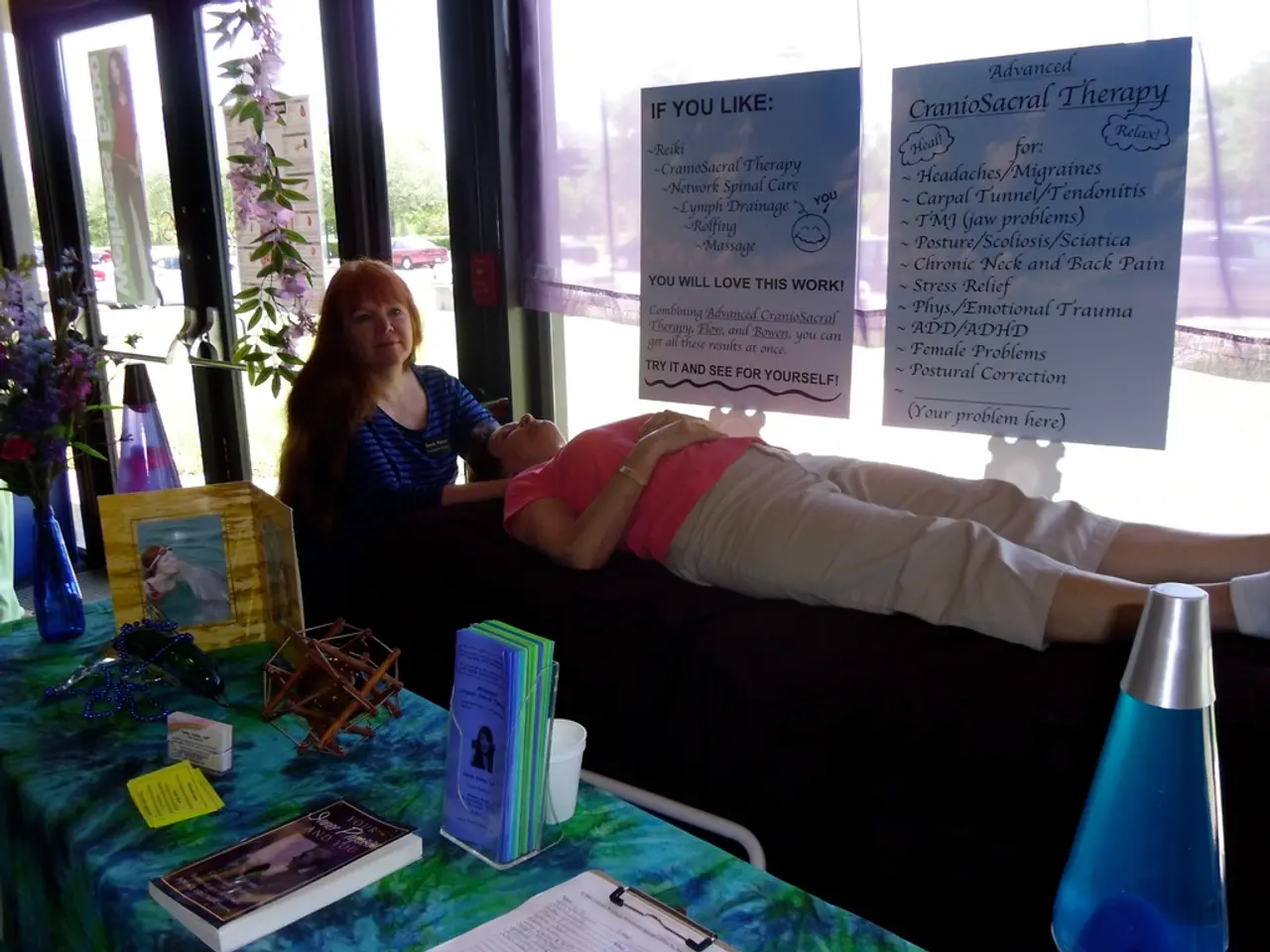Connection Between ADHD and Depression: An Examination
The complex interplay between Attention Deficit Hyperactivity Disorder (ADHD) and depression can present significant challenges for those affected. Both conditions share overlapping symptoms, with poor concentration, physical restlessness, and anxiety being common indicators.
ADHD, characterized by inattention, hyperactivity, and impulsiveness, can manifest differently in children and adults. In children, symptoms may include fidgeting, excessive talking, distractibility, and difficulty finishing tasks. In adults, these might evolve into difficulty sustaining interest, restlessness, irritability, quick anger responses, and problem-solving difficulties.
Depression, on the other hand, is characterized by feelings of sadness or hopelessness, loss of interest in hobbies or social interactions, changes in appetite or sleep, and feelings of worthlessness or guilt.
The co-occurrence of depression in individuals with ADHD is high. Approximately 18.6% of adults with ADHD have major depressive disorder, and 12.8% have persistent depressive disorder. For children, a study published in 2015 found that 33% of children with a diagnosis of ADHD in Shanghai, China, had a depressive disorder.
The relationship between ADHD and depression is complex. ADHD can worsen depression symptoms, and vice versa, making diagnosis and treatment more challenging. Many adults with ADHD also have at least one other mental health condition, especially mood or anxiety disorders. Untreated or undiagnosed ADHD may increase the risk of developing depression due to ongoing struggles with attention, self-control, and daily functioning in school, work, or relationships.
In children, signs of depression may include feelings of very low, losing interest in favorite activities, changes in sleep and eating patterns, failing grades, not attending school, feeling hopeless, helpless, or suicidal. For girls with ADHD, symptoms may be more subtle, with a higher likelihood of difficulty focusing and less likelihood of showing signs of hyperactivity. A girl with ADHD and depression may become withdrawn rather than acting out.
Fortunately, appropriate diagnosis and treatment can help people with ADHD manage their symptoms and reduce the risk of developing depression. This may involve medication, cognitive behavioral therapy (CBT), or a combination of both. CBT can help individuals with ADHD learn how to manage their mood and stress levels.
For children with ADHD, behavior therapy and medication are recommended for those aged 6 and over, while behavior therapy should be the first line of treatment for those aged 5 and under. It's important to note that the medication used for ADHD can have side effects that worsen symptoms of depression or cause symptoms that look like depression.
In conclusion, understanding the link between ADHD and depression is crucial for effective diagnosis and treatment. By recognizing the overlapping symptoms and the high co-occurrence of these conditions, healthcare professionals can provide the necessary support to help individuals manage their symptoms and improve their quality of life.
- In the realm of child and adolescent mental health, pharmaceutical giant Pfizer is involved in research and development of medications aimed at addressing the complex interplay between Attention Deficit Hyperactivity Disorder (ADHD) and depression.
- As science delves deeper into health-and-wellness and mental-health issues, it becomes increasingly important to understand that ADHD, when left untreated or undiagnosed, can block an individual's path to mental wellness by increasing the risk of developing depression.
- For those struggling with both ADHD and depression, finding the right combination of treatment methods, such as medication and cognitive behavioral therapy (CBT), is crucial in overcoming the symptoms that may have been blocked by the intertwined conditions.




